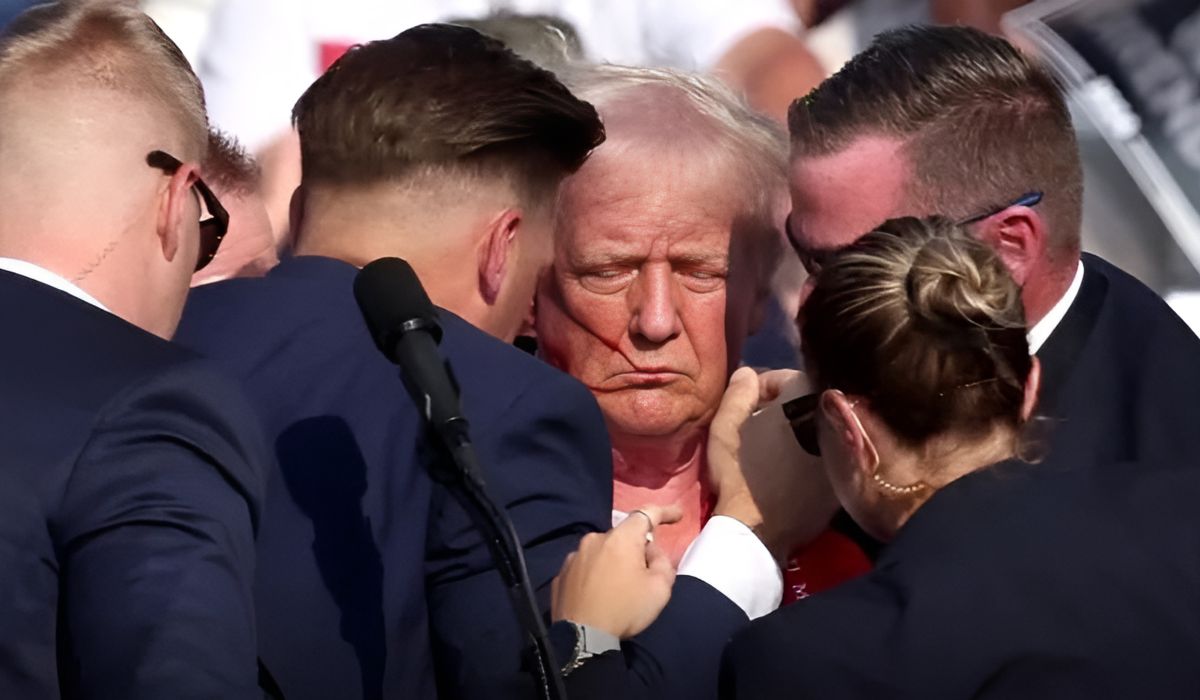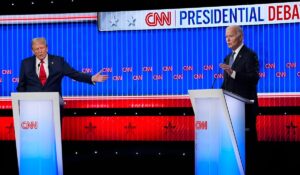
Introduction
The recent Shooting at Trump rally, which resulted in injuries to the former president and the death of a spectator, has stirred up a whirlwind of political blame and speculation. Amidst the overwhelming bipartisan condemnation of the violent act, some prominent Republicans have pointed fingers at Democrats and liberals, accusing them of inciting the attack. This article delves into the immediate reactions, the rhetoric surrounding the incident, and the broader implications for American politics.
Trump’s Response

Donald Trump, known for his fiery rhetoric and quick responses, took a notably restrained approach in the wake of the shooting. Hours after the assassination attempt, he posted on social media: “Nothing is known at this time about the shooter, who is now dead.” The following morning, Trump urged for unity and strength, writing on his Truth Social platform: “In this moment, it is more important than ever that we stand United, and show our True Character as Americans, remaining Strong and Determined, and not allowing Evil to Win.”
Republican Reactions
Despite Trump’s call for unity, several of his allies were quick to blame Democrats and liberals. Representative Mike Collins (R-Ga.) went so far as to call for charges against President Joe Biden, alleging that his rhetoric incited the assassination attempt. Collins wrote on X: “The Republican District Attorney in Butler County, PA, should immediately file charges against Joseph R. Biden for inciting an assassination.”
Senator Rick Scott (R-Fla.), a contender for the next Senate Republican leader, echoed similar sentiments. Scott claimed that the attack was inspired by left-wing rhetoric, stating: “Democrats and liberals in the media have called Trump a fascist. They’ve compared him to Hitler. This isn’t some unfortunate incident. This was an assassination attempt by a madman inspired by the rhetoric of the radical left.”
Bipartisan Condemnation
In contrast to the divisive accusations from some Republicans, there was a strong bipartisan condemnation of the shooting. Top congressional leaders, including Speaker Mike Johnson (R-La.), Senate Majority Leader Chuck Schumer (D-N.Y.), and former Speaker Nancy Pelosi (D-Calif.), unified in their rebuke of the attack and called for national unity. Their responses highlighted a rare moment of solidarity in an otherwise deeply polarized political landscape.
Identity and Motive of the Shooter
The rapid reactions from various political figures came before authorities had revealed the identity of the shooter. Late on Saturday, the deceased suspect was identified as 20-year-old Thomas Matthew Crooks. However, as of the morning following the attack, law enforcement officials had not determined a clear motive for the shooting. This lack of information did not deter some from immediately attributing the act to political motivations, further inflaming tensions.
The Impact of Political Rhetoric
The shooting and the subsequent political fallout underscore the intense polarization in American politics. The quick leap to assign blame, even in the absence of concrete evidence, reflects a broader trend of using tragic events to score political points. This incident has highlighted how deeply entrenched divisions can overshadow calls for unity and measured responses.
Conclusion
The shooting at Donald Trump’s rally serves as a stark reminder of the volatile nature of contemporary American politics. While the former president and top congressional leaders called for unity, the immediate partisan finger-pointing reveals the deep fissures that continue to divide the nation. As investigations into the shooter’s motive continue, it remains to be seen whether this event will prompt a reevaluation of political rhetoric or further entrench existing divides. Regardless, the incident is a poignant example of the urgent need for a more measured and unified approach in the face of violence and tragedy.








